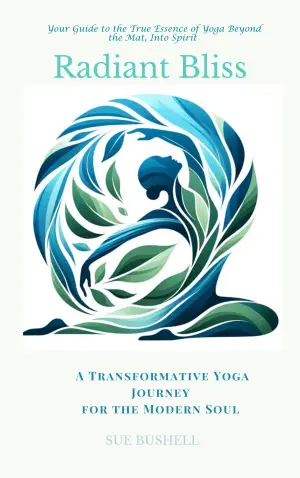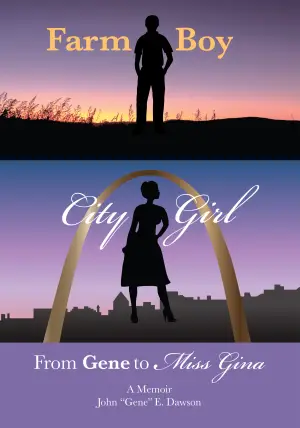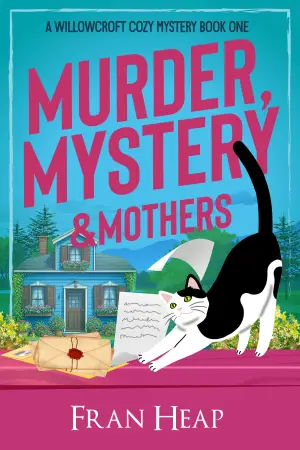Book Review: The Fault in Our Stars by John Green
When I first picked up The Fault in Our Stars, I was intrigued not just by the title but by the emotional tempest it promised. John Green’s ability to weave poignant narratives about young love and the struggles of life threw me into a whirlwind of expectations. But little did I know that this journey would plunge me deep into the complexities of love, loss, and the often harsh realities of illness.
At the heart of the novel are Hazel Grace Lancaster and Augustus Waters, two teenagers navigating the turbulent waters of cancer and all its indisputable sorrow. Green paints a vivid picture of their relationship, highlighting the way humor and heartbreak coexist in moments that feel achingly genuine. The bond they share is like a breath of fresh air, but it’s fraught with the weight of impending tragedy. I found myself torn between admiration for their witty and philosophical dialogues and a nagging discomfort with their unrealistic exchanges. Somehow, their conversations felt both profound and a bit too polished, leaving me wondering how many real teenagers could wax poetic while grappling with their mortality.
Green’s writing style is engaging, but at times, it dances dangerously close to pretentiousness. Take, for instance, Augustus’s unlit cigarette metaphor, where he muses, “They don’t kill you unless you light them.” While I appreciate a good metaphor, I found myself rolling my eyes at its delivery. The book leans heavily on its rhetoric, and although some quotes shine, others feel like they’re trying a little too hard to land a punch. Still, lines like “I’m in love with you, and I’m not in the business of denying myself the simple pleasure of saying true things” resonate deeply and evoke that bittersweet ache that defines first love.
And then there’s the emotional pull of the story. Yes, I cried during the tender exchanges, especially when Hazel questions the nature of her relationship with her mother posthumously. It’s a universal fear, eloquently captured, and I won’t lie—my heart ached. But, as honest as that moment was, I felt a twinge of guilt for being manipulated into tears. It made me think of a conversation I had in my head, debating the value of emotional blackmail versus genuine storytelling. Does a well-placed tear justify the means by which it’s achieved?
Though I appreciated the journey, there’s a part of me that could not fully embrace the glorification of illness in a way that felt unrealistic. It tugged at the whole idea of how we perceive life with illness; not every death is grand, and that harsh truth deserves to be honored too. This duality became a significant sticking point for me, oscillating between admiration for the narrative and frustration with the starry-eyed portrayal of suffering.
Ultimately, The Fault in Our Stars will resonate deeply with those who enjoy swoon-worthy love stories with a side of existential musings. However, I’d caution readers who seek a raw, unfiltered account of illness—it might feel somewhat glossed over.
If you’re one for heartfelt stories that tug at your heartstrings and leave you questioning the essence of love and pain, Green’s novel is worth your time. Just prepare yourself to face the emotional rollercoaster it brings. As for me? I closed the book with a mix of melancholy and reflection, reminded that while love is a beautiful thing, reality often paints a more complex picture.












